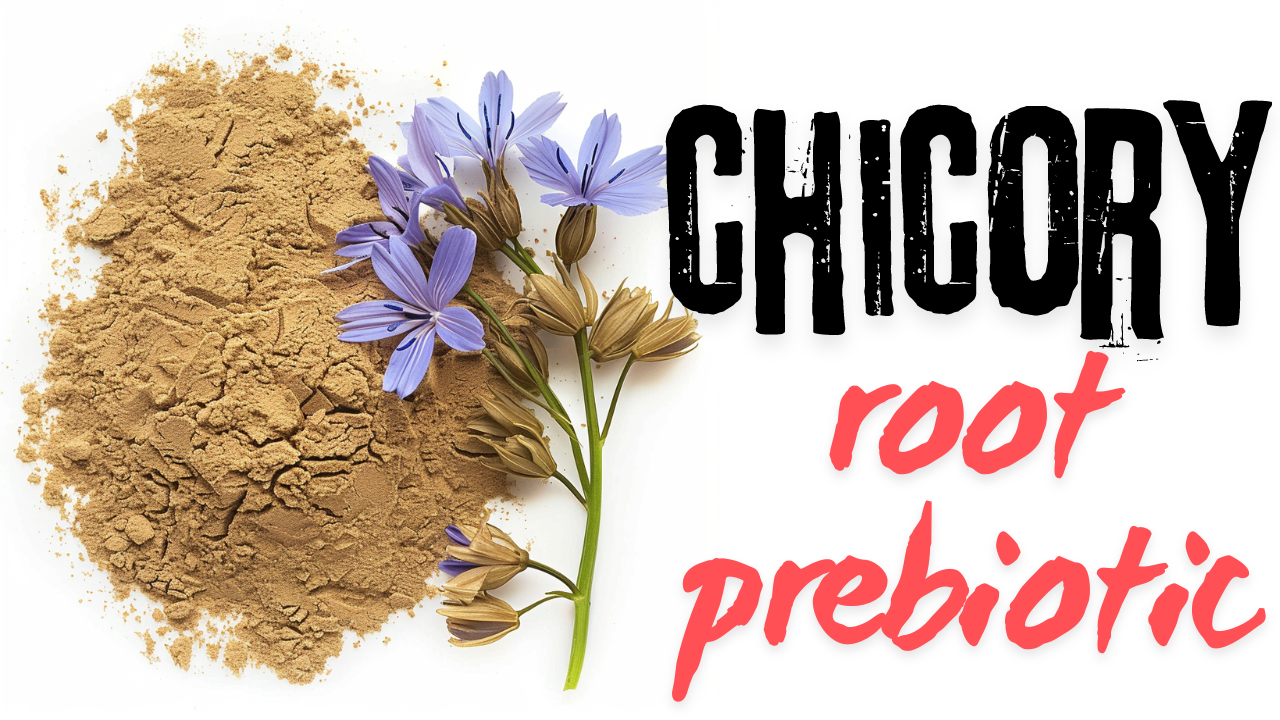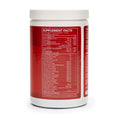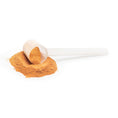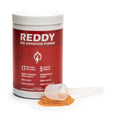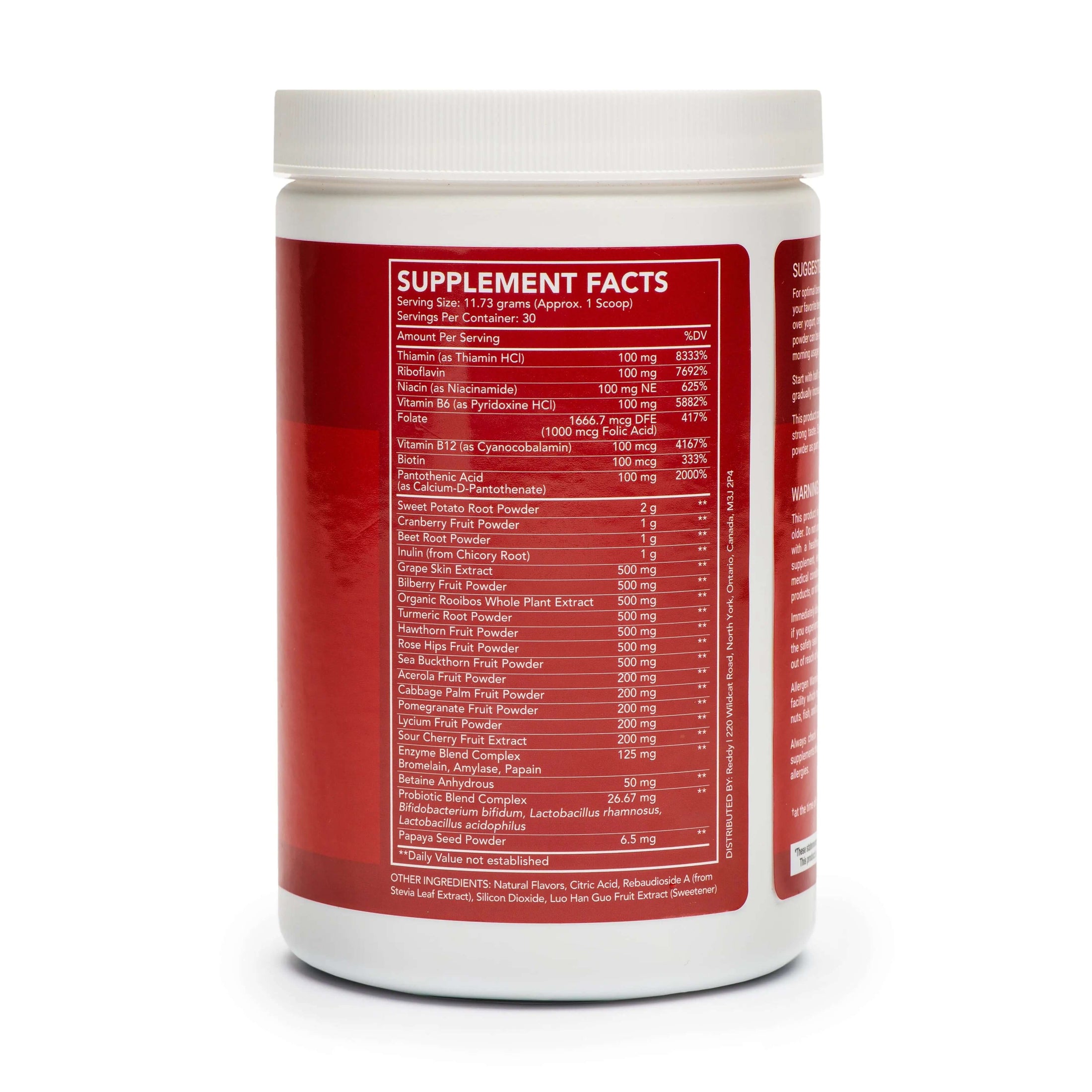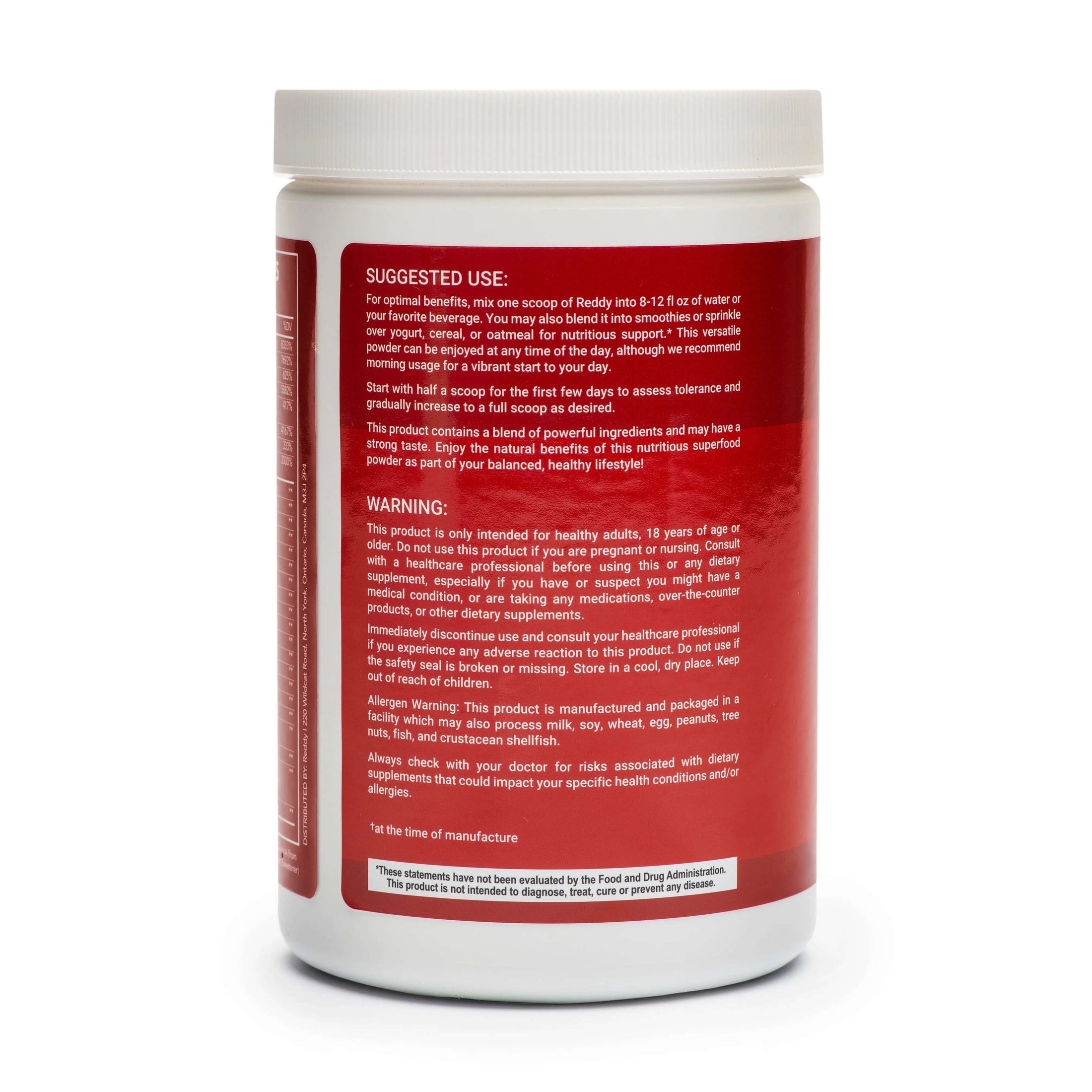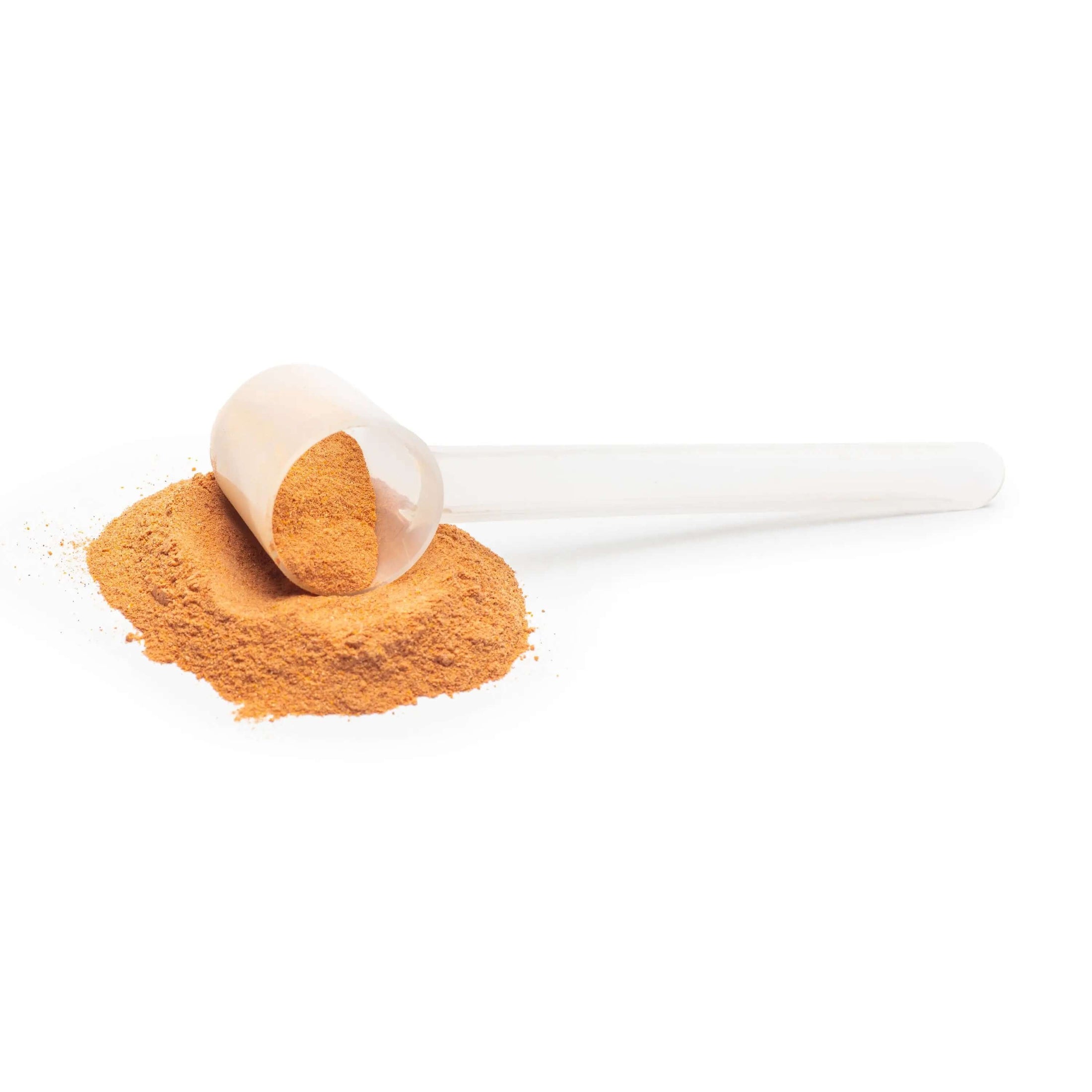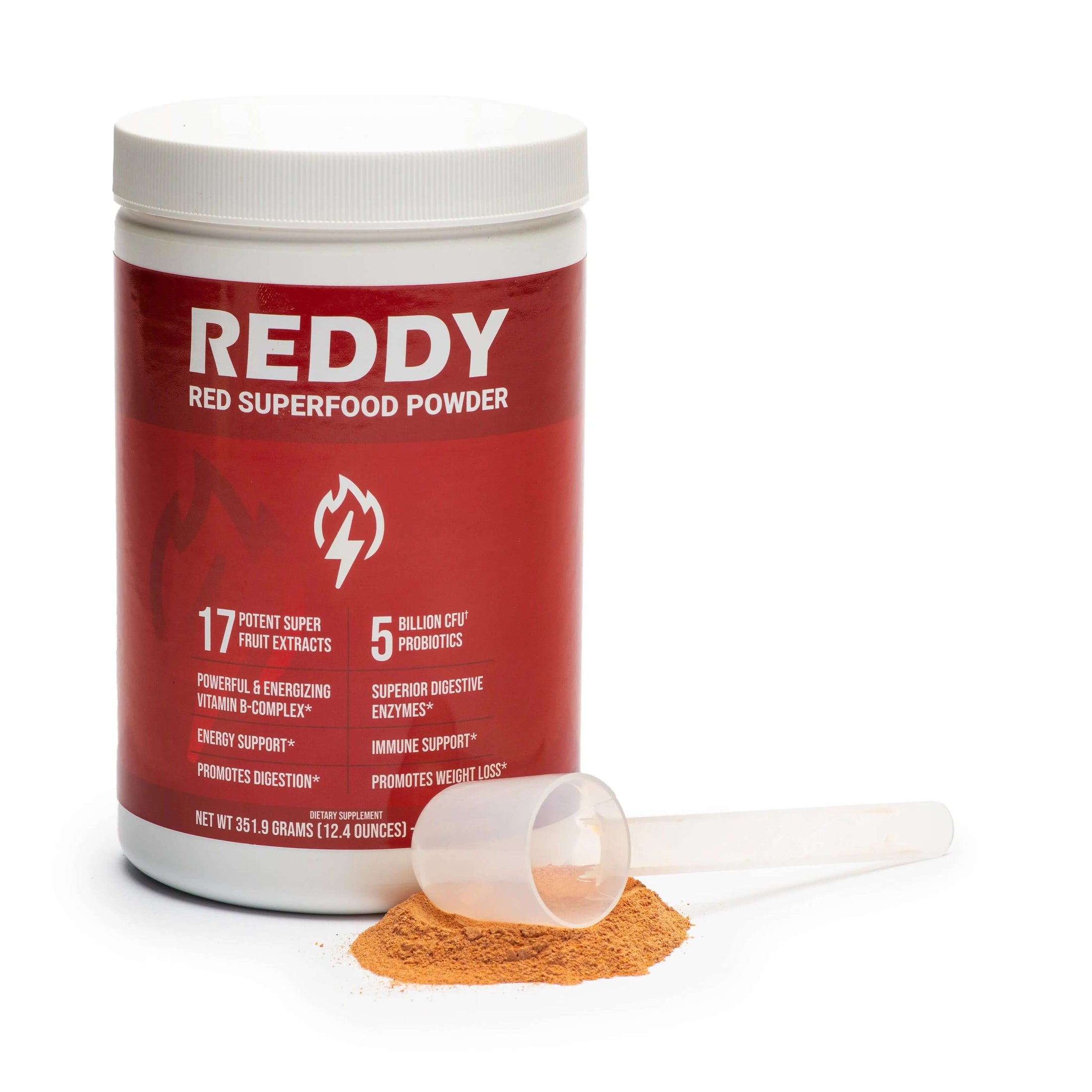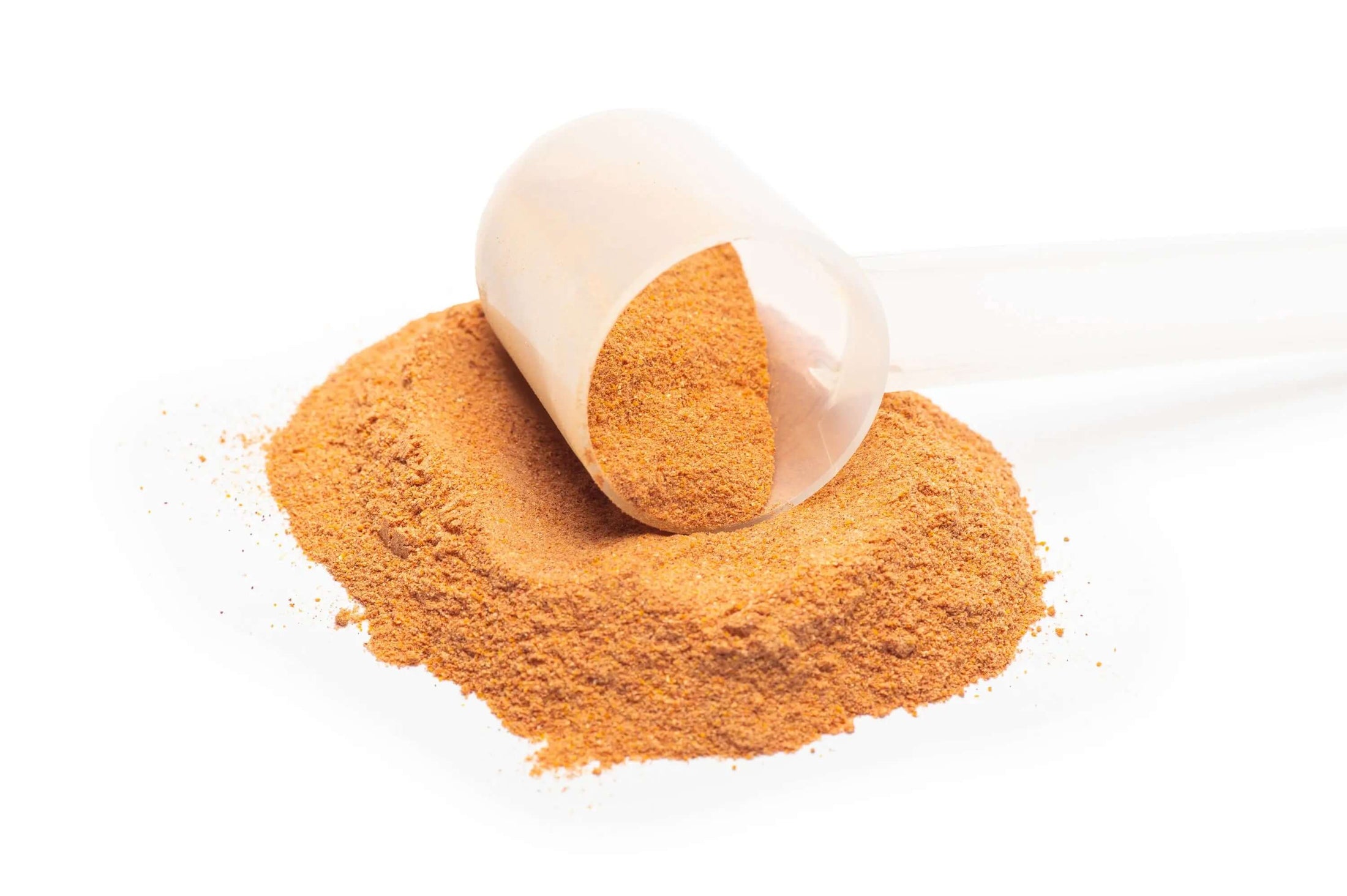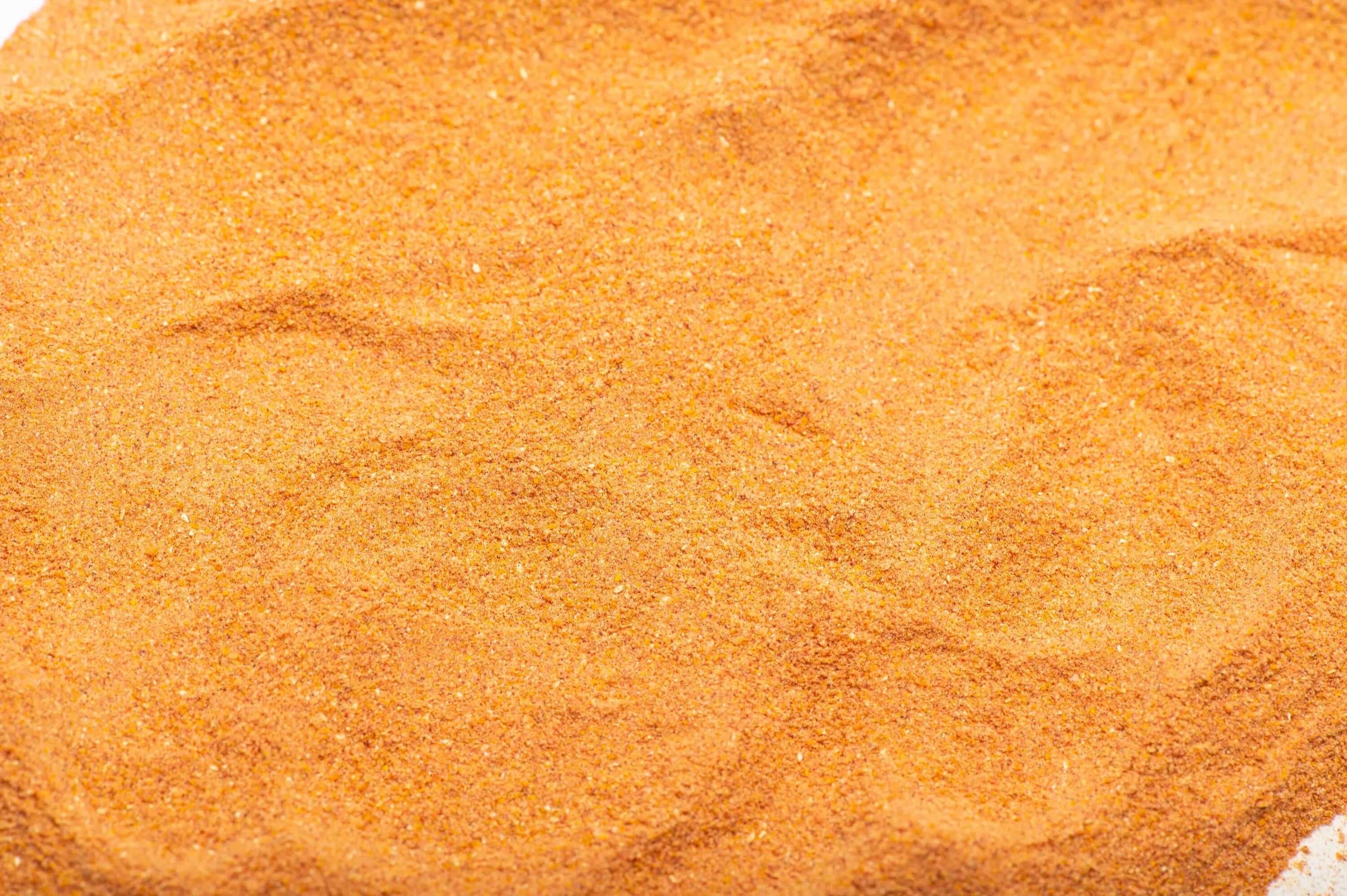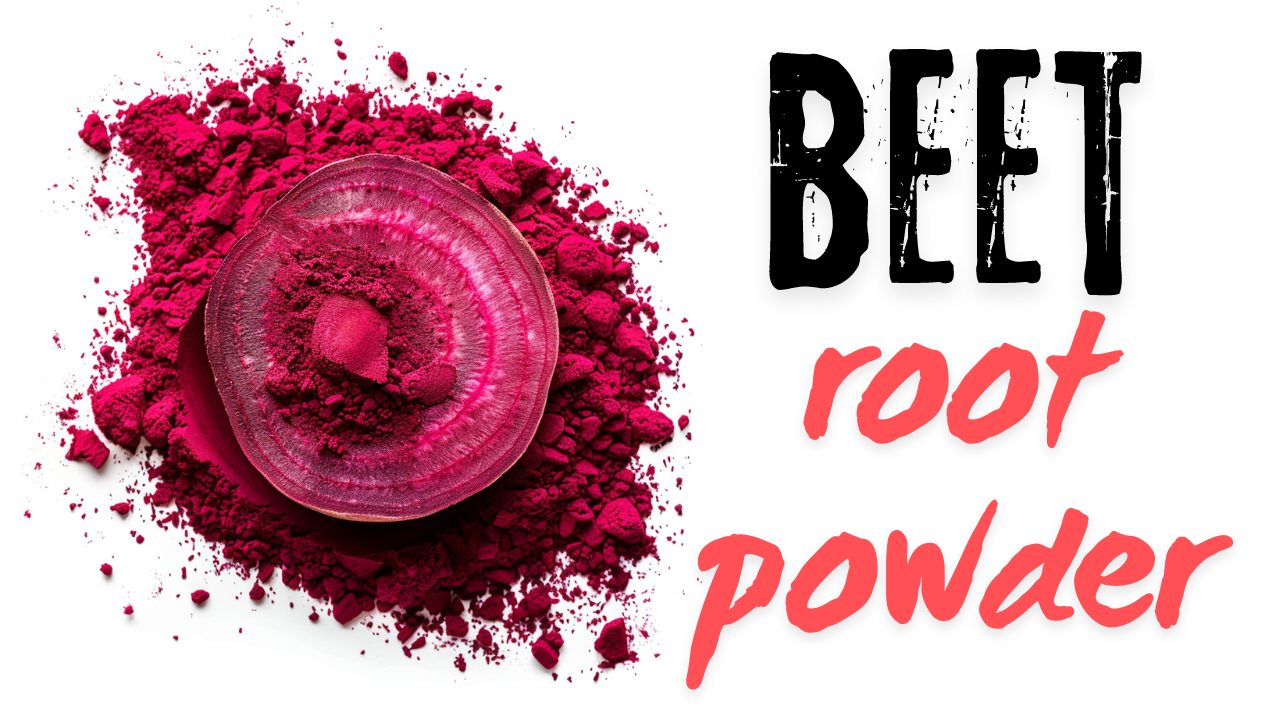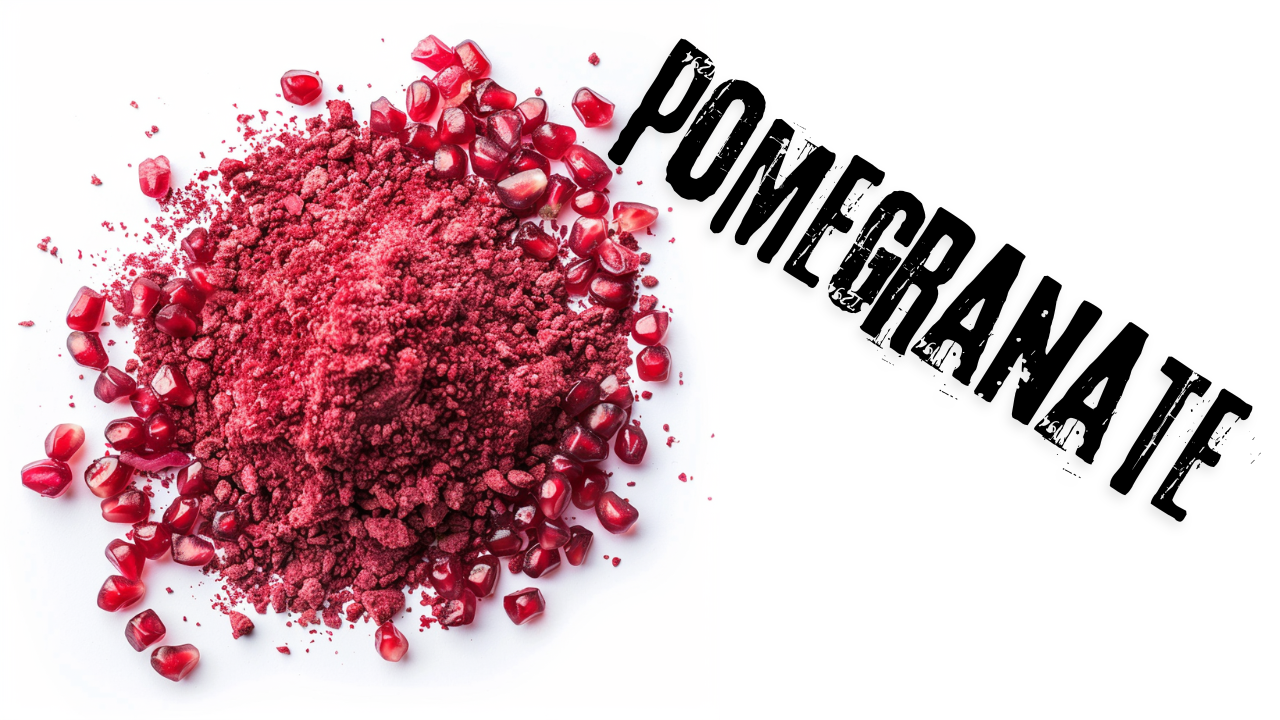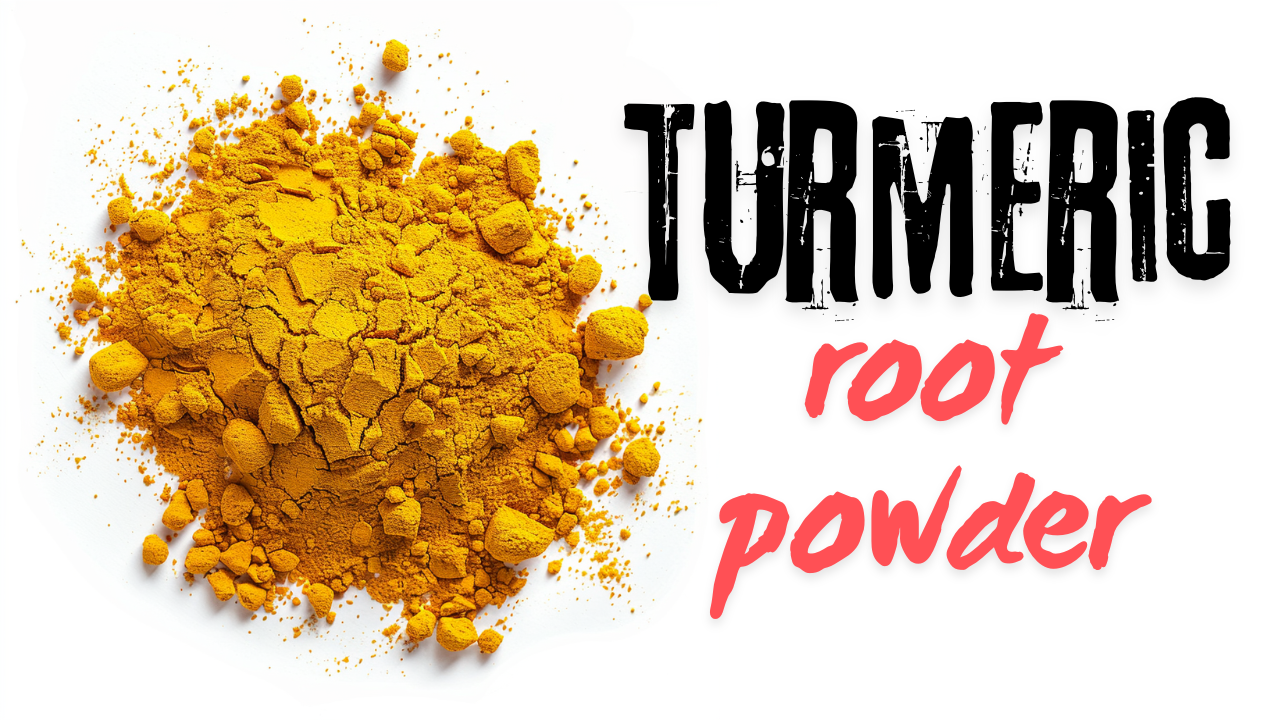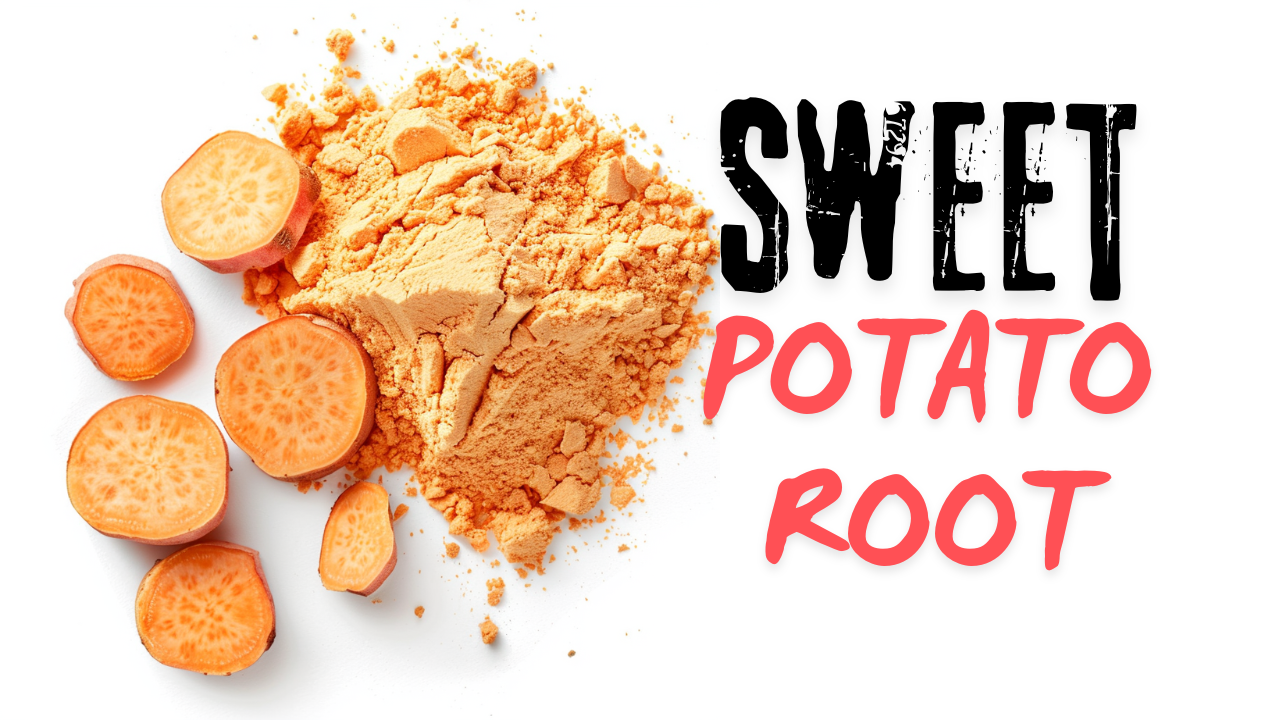Introduction
Chicory root is gaining popularity as a natural supplement with numerous health benefits. Known for its rich inulin content, chicory root can improve digestion, support weight loss, and provide a range of other health advantages. This comprehensive guide will explore the benefits, uses, and ways to incorporate chicory root and chicory inulin into your diet.
Table of Contents
| Heading | Sub-Topics |
|---|---|
| What is Chicory Root? | Origins and History, Botanical Characteristics |
| Nutritional Profile of Chicory Root | Key Nutrients, Inulin Content, Other Beneficial Compounds |
| Health Benefits of Chicory Root | Digestive Health, Weight Management, Blood Sugar Control, Heart Health, Anti-Inflammatory Properties, Liver Health |
| Uses of Chicory Root | Dietary Supplements, Coffee Substitute, Culinary Uses |
| Understanding Chicory Inulin | What is Chicory Inulin?, Benefits of Chicory Inulin, Sources of Chicory Inulin |
| Incorporating Chicory Root into Your Diet | Chicory Root Tea, Chicory Coffee, Chicory Root Powder, Recipes Featuring Chicory Root |
| Potential Side Effects and Precautions | Possible Allergic Reactions, Who Should Avoid Chicory Root?, Safe Consumption Practices |
| Research and Studies on Chicory Root | Clinical Studies, Key Findings, Future Research Directions |
| Frequently Asked Questions | How much chicory root should I consume daily?, Can chicory root help with digestion?, Is chicory root good for weight loss?, Are there any side effects of chicory root?, How can I use chicory root powder?, Is chicory root safe for children? |
| Conclusion | Summary of Benefits, Final Thoughts |
What is Chicory Root?
Origins and History
Chicory root, derived from the plant Cichorium intybus, has been used for centuries in traditional medicine and as a food ingredient. Native to Europe, it is now cultivated worldwide. Historically, chicory root was used as a coffee substitute and for its medicinal properties.
Botanical Characteristics
Chicory is a perennial herb with bright blue flowers and a deep taproot. The root is harvested, dried, and ground to be used in various applications, from dietary supplements to culinary uses.
Nutritional Profile of Chicory Root
Key Nutrients
Chicory root is rich in fiber, particularly inulin, a type of prebiotic fiber. It also contains vitamins and minerals such as vitamin C, vitamin B6, manganese, and potassium.
Inulin Content
One of the most significant components of chicory root is inulin. Chicory root inulin is a prebiotic fiber that supports digestive health, aids in weight management, and helps regulate blood sugar levels.
Other Beneficial Compounds
Chicory root also contains antioxidants and polyphenols that contribute to its health benefits. These compounds help reduce inflammation and protect the body against oxidative stress.
Health Benefits of Chicory Root
Digestive Health
Chicory root is renowned for its digestive health benefits. The inulin in chicory root acts as a prebiotic, feeding beneficial gut bacteria and promoting a healthy microbiome. This can improve digestion, reduce constipation, and enhance overall gut health.
Weight Management
The high fiber content of chicory root can aid in weight management. Inulin helps increase feelings of fullness, reducing overall calorie intake. It also supports healthy digestion, which is crucial for maintaining a healthy weight.
Blood Sugar Control
Chicory root can help regulate blood sugar levels. The inulin in chicory root slows down the digestion of carbohydrates, leading to a more gradual release of glucose into the bloodstream. This can help prevent spikes in blood sugar levels, making it beneficial for individuals with diabetes or those at risk.
Heart Health
The fiber and antioxidant content of chicory root contribute to heart health. Fiber helps lower cholesterol levels, while antioxidants protect the cardiovascular system from oxidative damage. Regular consumption of chicory root can support overall heart health.
Anti-Inflammatory Properties
Chicory root contains anti-inflammatory compounds that can help reduce inflammation in the body. This can be beneficial for individuals with inflammatory conditions such as arthritis or inflammatory bowel disease.
Liver Health
Chicory root has been traditionally used to support liver health. It helps detoxify the liver and improve its function, promoting overall health and well-being.
Uses of Chicory Root
Dietary Supplements
Chicory root is available in various supplement forms, including capsules, powders, and extracts. These supplements provide an easy way to incorporate the health benefits of chicory root into your daily routine.
Coffee Substitute
Chicory root is often used as a coffee substitute or additive. When roasted, it has a rich, coffee-like flavor without the caffeine. This makes it a popular choice for those looking to reduce their caffeine intake.
Culinary Uses
Chicory root can be used in a variety of culinary applications. It can be added to soups, stews, and baked goods to boost their fiber content and nutritional value.
Understanding Chicory Inulin
What is Chicory Inulin?
Chicory inulin is a type of prebiotic fiber extracted from chicory root. It is not digested by the human body but serves as food for beneficial gut bacteria, promoting a healthy gut microbiome.
Benefits of Chicory Inulin
Chicory inulin offers numerous health benefits. It supports digestive health, aids in weight management, helps regulate blood sugar levels, and enhances overall gut health. It is also known for its ability to improve calcium absorption, which can benefit bone health.
Sources of Chicory Inulin
In addition to chicory root, inulin can be found in other plants such as Jerusalem artichokes, garlic, and onions. However, chicory root is one of the richest sources of inulin, making it a popular choice for supplements and health products.
Incorporating Chicory Root into Your Diet
Chicory Root Tea
Chicory root tea is a popular way to enjoy the benefits of this superfood. Simply steep dried chicory root in hot water for a soothing, health-boosting beverage.
Chicory Coffee
Roasted chicory root can be brewed as a coffee substitute. It provides a rich, robust flavor without the caffeine, making it a great alternative for coffee lovers looking to cut down on their caffeine intake.
Chicory Root Powder
Chicory root powder can be added to smoothies, baked goods, and other recipes. It is a versatile ingredient that enhances the nutritional value of your meals.
Recipes Featuring Chicory Root
Incorporate chicory root into your diet with various recipes. Add chicory root powder to your morning smoothie, use it in soups and stews, or bake it into bread and muffins for a fiber boost.
Potential Side Effects and Precautions
Possible Allergic Reactions
While chicory root is generally safe for most people, some individuals may experience allergic reactions. Symptoms can include skin irritation, itching, and digestive discomfort. If you experience any adverse reactions, discontinue use and consult a healthcare provider.
Who Should Avoid Chicory Root?
Individuals with allergies to plants in the Asteraceae family, such as ragweed, marigolds, and daisies, should avoid chicory root. Pregnant and breastfeeding women should also consult a healthcare provider before using chicory root.
Safe Consumption Practices
To avoid potential side effects, consume chicory root in moderation and follow recommended dosage guidelines. Start with a small amount to ensure you do not have an adverse reaction.
Research and Studies on Chicory Root
Clinical Studies
Numerous clinical studies have demonstrated the health benefits of chicory root and chicory inulin. Research has shown positive effects on digestive health, weight management, and blood sugar regulation.
Key Findings
Key findings from research include the ability of chicory root to improve gut health, support weight loss, and enhance blood sugar control. The anti-inflammatory and antioxidant properties of chicory root have also been well-documented.
Future Research Directions
Future research aims to further explore the health benefits of chicory root and chicory inulin. This includes their potential role in preventing chronic diseases and their impact on overall health and well-being.
Frequently Asked Questions
How much chicory root should I consume daily?
A typical daily serving of chicory root can vary, but consuming 1-2 teaspoons of chicory root powder or a comparable amount in other forms is common. Follow product-specific recommendations or consult a healthcare provider for personalized advice.
Can chicory root help with digestion?
Yes, chicory root is known for its digestive health benefits. The inulin in chicory root acts as a prebiotic, feeding beneficial gut bacteria and promoting a healthy microbiome.
Is chicory root good for weight loss?
Chicory root can aid in weight management due to its high fiber content, which helps increase feelings of fullness and reduce overall calorie intake.
Are there any side effects of chicory root?
While generally safe, some people may experience allergic reactions or digestive issues. It's important to start with a small amount to ensure you do not have an allergy.
How can I use chicory root powder?
Chicory root powder can be added to smoothies, yogurt, oatmeal, and baked goods. It can also be used as a coffee substitute or added to soups and stews.
Is chicory root safe for children?
Yes, chicory root is safe for children when consumed in moderation. However, it's always best to consult a healthcare provider before adding new supplements to a child's diet.
Conclusion
Chicory root is a versatile superfood that offers numerous health benefits. From improving digestion and supporting weight management to enhancing heart health and regulating blood sugar levels, it’s a valuable addition to any diet. Whether you enjoy it as a coffee substitute, in tea, or as part of a meal, incorporating chicory root and chicory inulin into your routine can significantly boost your overall wellness. With ongoing research and increasing popularity, chicory root continues to be recognized for its potent health benefits.

